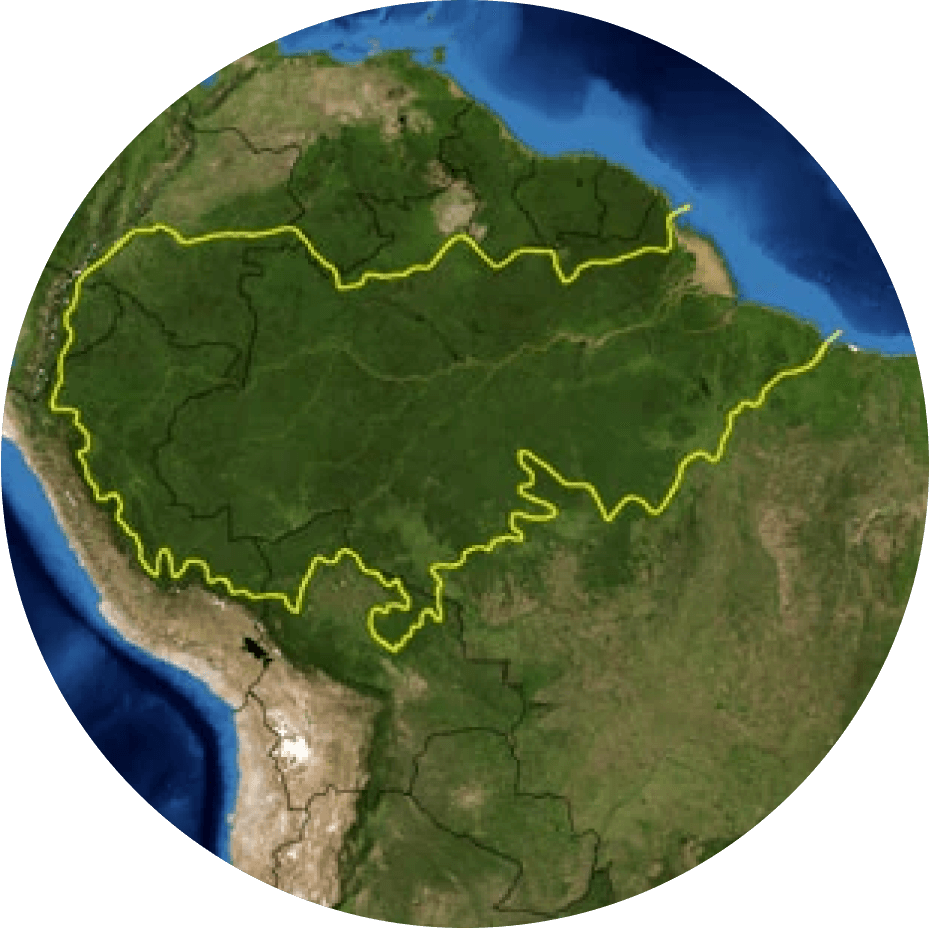The 10 Principles of the
Plant-for-the-Planet Platform

1. Transparency
Only transparent and standardized monitoring and reporting can create trust in global restoration efforts and thus facilitate the necessary funding. Transparency is our highest priority.
2. Commission-free
Use of the platform is free of charge, both for the donor and the recipient restoration organizations. Plant-for-the-Planet does not take a commission. Sadly, transaction fees from payment providers cannot be avoided. Otherwise your donation goes - in full - to the chosen purpose.
3. Open API and open source
The Plant-for-the-Planet Platform is open for improvement and input from different stakeholders. We want to share our experience and knowledge with everyone.
4. Data protection
Plant-for-the-Planet protects its users' data and does not share it with third parties beyond what is necessary for the platform's functionality.
5. Counting trees
All registered and funded trees are counted as "planted trees" on the platform. Some time is needed between the donation and the actual planting, to plan the activities, to collect and sow the seeds, to grow the seedlings and to prepare the planting areas. In most parts of the world, planting is seasonal, thus a natural backlog is created.

6. Project diversity and equal rights
Plant-for-the-Planet is a platform for projects from all across the globe, of all sizes - from grassroots to large-scale initiatives - and with diverse approaches. We aim to be as inclusive as possible, and still ensure the best possible quality standards, as well as providing everyone with the same tools and conditions.
7. Empowerment
We aim to empower organizations and projects to grow and do their best possible work with our tools. We share our knowledge and support our network the best we can.

8. Cooperative approach
Joining forces and involving actors from all sectors, including the public and private sector and civil society, is required to address the growing issue of landscape degradation, including deforestation.
9. Holistic approach
Restoration of degraded landscapes and ecosystems should be executed based on an integrated landscape approach and in a manner that is beneficial to all stakeholders.
10. Science-based
We follow scientific evidence and contribute verified ground data to facilitate further research to advise on ecosystem restoration.








